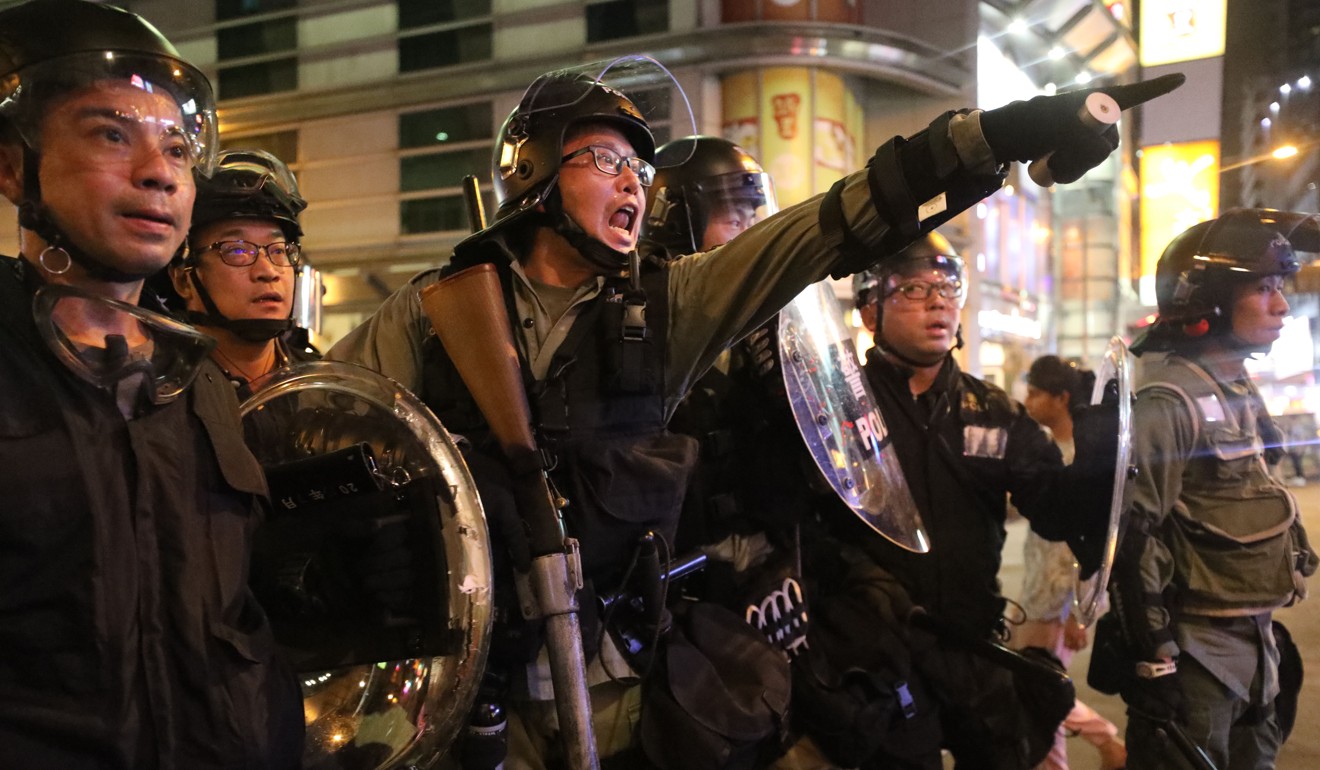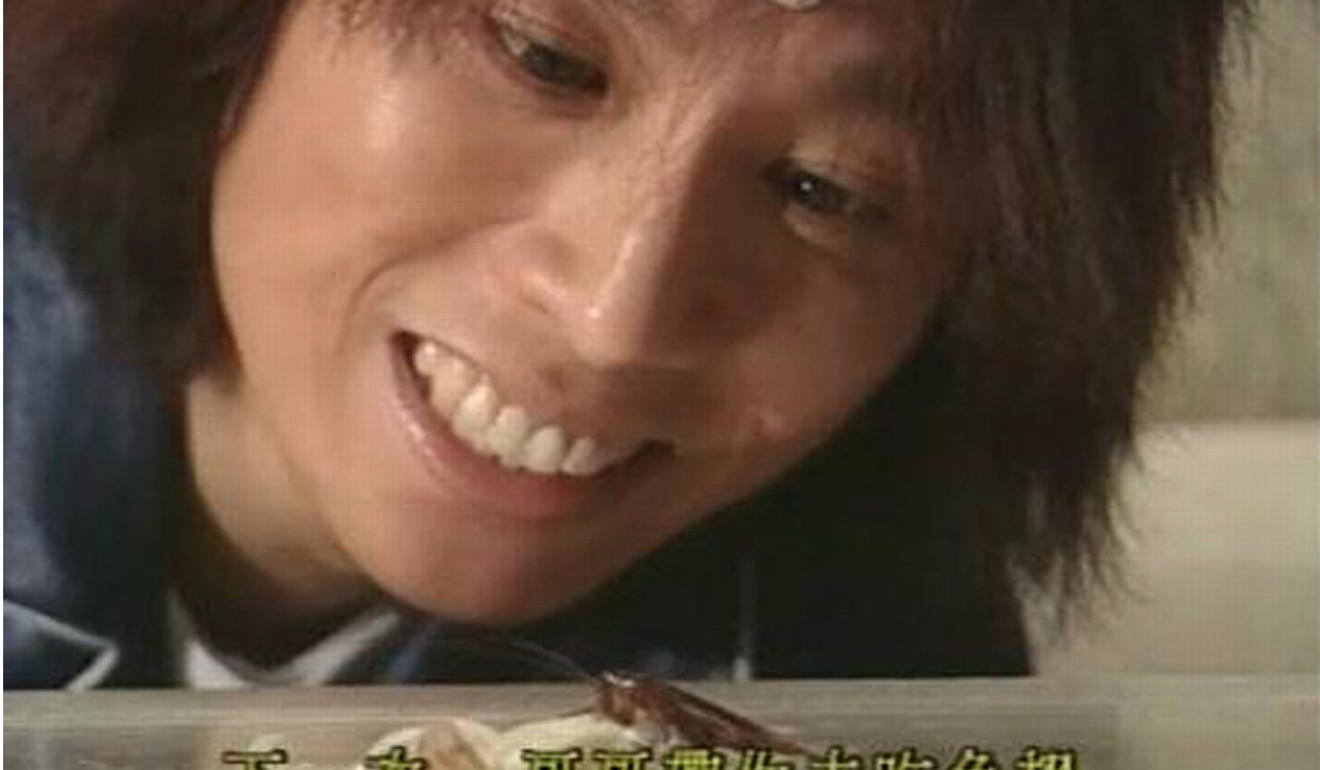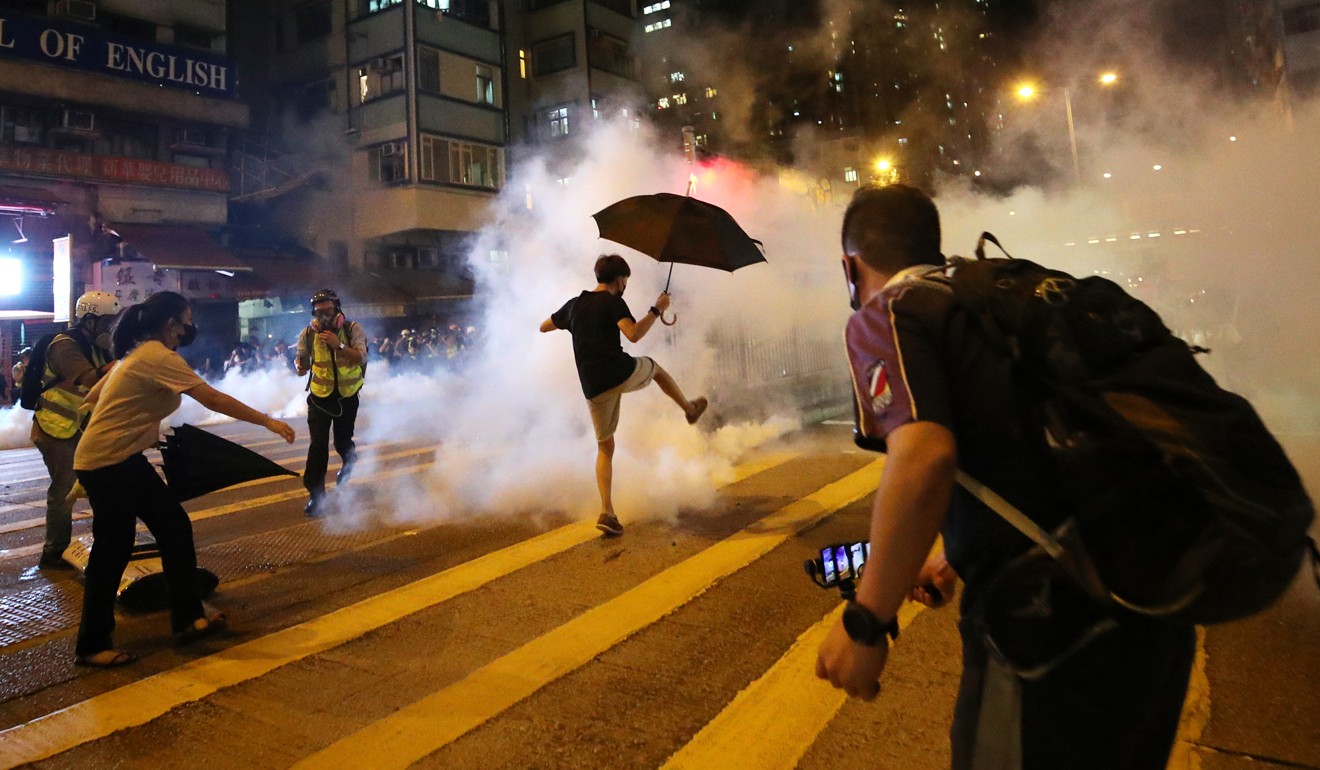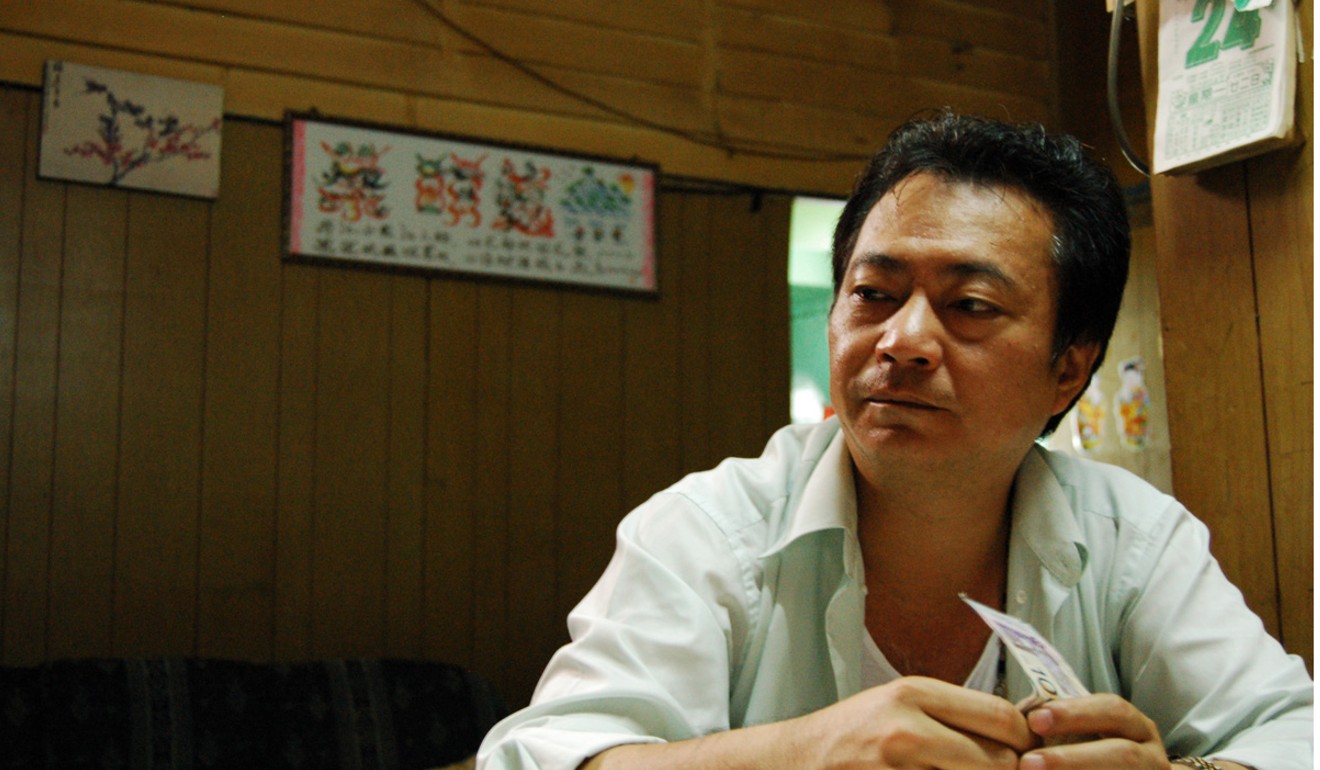
Why Hong Kong police group’s use of word ‘cockroach’ to condemn protesters is both baffling and depressing
- Taking cue from comedy king Stephen Chow, siu keung, or ‘little power’, became a slang name for cockroaches and a term of endearment

Local Cantonese slang phrases constantly change meaning over time, sometimes so quickly and drastically that they might mean the opposite of their original forms or even evolve into something totally different or unrecognisable.
But not many phrases have undergone such a dramatic change as the much-revered local slang term siu keung – which is synonymous with cockroach. Siu keung literally means “little power” and Keung is also a common Chinese first name.
The term was coined by none other than Hong Kong’s king of comedy Stephen Chow Sing-chi nearly three decades ago. Chow is famous for creating the unique mo lei tau comedy, which means “nonsense humour”.
Mo lei tau emphasises witty wordplay that consequently creates comedic effects.

In the 1993 film Flirting Scholar, Chow called a cockroach, which he accidentally crushed to death, “Siu Keung” as he pretended it was his pet. The term soon became a replacement word for cockroach in Chinese-speaking communities the world over.
Following the success of a television sitcom in 2000 in which the male lead kept a cockroach as his pet and named it Siu Keung, the phrase further evolved to represent the enduring characteristics of Hong Kong people.
At that point, siu keung, besides being a substitute name for cockroaches, had already become a term of endearment that summoned admiration. Hong Kong people had, in some fashion, come to appreciate these humble creatures who encompassed a spirit of resilience in the face of adversity.
So instead of seeing cockroaches as pests, let us think of them as survivors who can weather all manner of obstacles.

They have long been put on a pedestal as the ultimate survivors to help encourage Hong Kong people from all social strata that they all have a right to chase their dreams. The ultimate message is “If cockroaches can do it, everybody can too”.
With that in mind, I was rather downhearted and baffled to hear the Junior Police Officers’ Association condemning some anti-government protesters involved in the ongoing unrest against the now-withdrawn extradition bill by labelling them as “cockroach-like rioters”.
In an earlier statement, the union, which represents officers below the rank of inspector, described protesters as lawless and abhorrent, saying they were no different from cockroaches.
An insult commonly thrown back at police by protesters is to call them “black dogs”.
A few decades ago, newly arrived mainland Chinese immigrants were commonly called “Ah Chan” – a rather derogatory phrase to describe a country bumpkin. It was the abbreviated name of a popular TV sitcom character Ah Chan – a new immigrant from China seeking a better life in Hong Kong.

The phrase was not met with any social disapproval at a time when the notion of political correctness was non-existent.
The phrase “Ah Chan” was commonly used as a way to discriminate against these new residents perceived as “rural” and desperately poor, who had moved to Hong Kong only to take advantage of the city’s thriving economy and prosperity.
Back in those days, the mainland was less advanced economically than Hong Kong. This prejudicial mindset was widespread and firmly took root despite the fact that Hong Kong was built by immigrants from all over the region.
Fast forward a few decades and poetic justice seems to have been served.
In a reversal of fortune, China’s economic growth has far surpassed that of Hong Kong. Now Hongkongers are occasionally called “Hong Kong Ah Chan”, or “Kong Chan” in short, by their mainland counterparts to mark the wealth gap and expose the harsh reality that the financial standing of residents is no longer superior like before.
The Ah Chan character in the original television sitcom was just like any immigrant of many generations before who had settled in Hong Kong. It is not necessary to assess who is more qualified to be a Hongkonger. Everyone who has contributed to building this city has an equal right to be a part of its success.

Hong Kong has become what it is today – an international finance hub – thanks to generations of its forebears including all the Ah Chans and Siu Keungs.
We should praise the contributions – big and small – of all these Ah Chans and Siu Keungs from the past, present and years to come.
There is no need to belittle or undercut people with whom we disagree or find no common ground.
Languages are flexible and malleable, and it often depends on how we use them; we can communicate to foster understanding or use words to shame and hurt. Words can be constructive and destructive, depending on the intentions of the user.
When we use derogatory phrases or twist well-meaning words to suit our biased or aggressive intentions or thinking, it does nothing to facilitate productive communication or find solutions to problems that plague our society.
At present, Hong Kong society is widely divided by the so-called yellow and blue ribbons.
Yellow ribbons have become synonymous with the city’s pro-democracy movement, while blue ribbons are the colour of the local police uniforms. The blue side wants to show they are calling for peace and a return to normality.
It’s time for us all to take a breather, use the right language in whatever form that is most suitable and viable to communicate – openly, respectfully and truthfully.
Luisa Tam is a correspondent at the Post